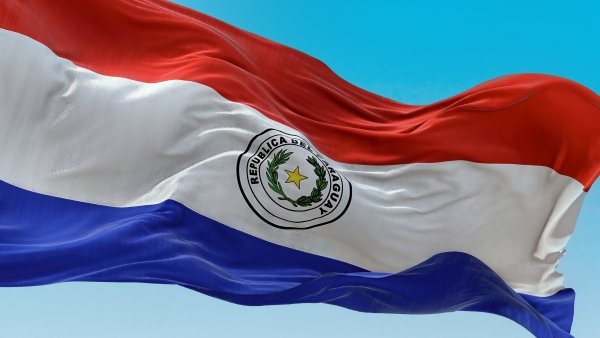Still to Come This Week
 |
Monday, Oct. 23 // 2–3:00 pm (ET)
In this book talk featuring Putin’s “Turn to the East” in the Xi Jinping Era, which covers four stages in Russian policy and seven geographic regions, editors Gilbert Rozman and Gaye Christoffersen will explain the duality of Russia’s ties to China: together against the US-led order but at odds over reconfiguring Asian regionalism.

Monday, Oct. 23 // 4–5:30 pm (ET)
In Dreams for a Decade, Stephanie L. Freeman draws on newly declassified material to reveal the significant yet unappreciated role that nuclear abolitionism played in ending the Cold War. Together, grassroots and government nuclear abolitionists reshaped US and Soviet approaches to nuclear arms control and Europe in a way that brought the Cold War to a peaceful conclusion.

Tuesday, Oct. 24 // 10–11:00 am (ET)
A major goal of federal activity on semiconductors is focused on reshoring or ally-shoring chip production where possible, which has resulted in a wave of investment in new US-based fabrication facilities by semiconductor giants like TSMC. These fabrication facilities come with enormous demand for skilled labor, from highly-skilled engineers to technicians with specialized training, and while these jobs pay very well, they can also be highly stressful and demanding. Is America’s workforce ready to fill these jobs? This panel will discuss policy solutions to boost our supply of highly-skilled and specialized workers.

Wednesday, Oct. 25 // 1:30–3:00 pm (ET)
It has been more than 60 years since the plight of Tibetan refugees from their homeland but the larger questions about the root causes of their forced exile still receive less global attention. This moderated book talk will feature the author, Amy Yee, and discussants who will provide commentaries about the implications of the Tibetan issue for US foreign policy and beyond.


Wednesday, Oct. 25 // 2–3:00 pm (ET)
Kennan Institute Title VIII Scholar Jacob Lassin analyzes the complex interplay of theology and national identity in a presentation that focuses on the online media strategies that the Ukrainian Orthodox Church-Moscow Patriarchate has employed to define itself as a group patriotic to Ukraine that also upholds a Church structure associated with Russia.

Thursday, Oct. 26 // 10–11:00 am (ET)
The transformation of the region’s courts is being closely watched for signs of greater efficiency, fairness, and transparency, and for improvements in the management of cases involving gender-based violence and family law. To learn more, join the Wilson Center’s Latin America Program, Brazil Institute, and Mexico Institute for a discussion on the new generation of Latin American female jurists and their impacts on the rule of law in the region.
This conversation will largely take place in Spanish, with simultaneous interpretation available in person and online.


Thursday, Oct. 26 // 11:30 am–12:30 pm (ET)
One month ago, a lightning military offensive by Azerbaijani forces led to Baku’s seizure of Nagorno-Karabakh. The surprise operation upended the regional balance of power and displaced over 100,000 of the region’s ethnic Armenian residents. The full impact of Nagorno-Karabakh's dissolution for local populations, other “frozen conflicts,” and the fate of Russian influence in the Caucasus and Central Asia remains to be seen. Speakers will discuss the aftermath of last month’s events from humanitarian, geographic, and geopolitical perspectives.

|





